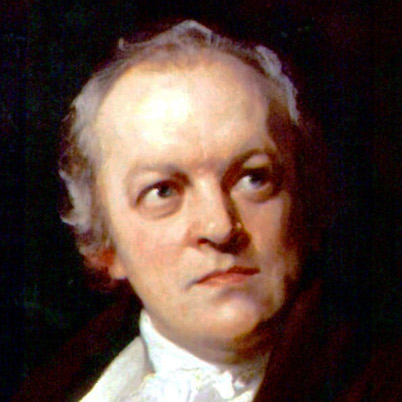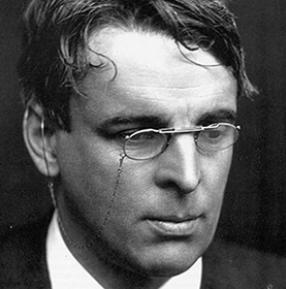The Hand Mirror is a perceptive poem by Walt Whitman. In this poem, the narrator discusses about a reflection (possibly his own) in a hand held mirror. Alternately, he could be asking the reader to look at his own reflection in the mirror. However, the first option is more plausible in this case. There are two layers to this poem. Both will be discussed in the following paragraphs.
Summary and Analysis of A Hand Mirror
The narrator is likely a man of advanced years. He tells himself to hold up the mirror ‘sternly’. By sternly, he implies that he seeks a true reflection of himself without any adjustment. He asks himself to examine the reflection and wonders if it really is him. He is wearing good clothes as is visible in the reflection. However inside these good clothes is a body that is all but destroyed.
Once upon a time, the narrator used to be a young man. There used to be a sparkle in his eye, a ring and depth to his voice and a spring in his step, all features associated with youth and good health. Now, he has lost all those qualities.
The poem was written at a time when slavery was common in many parts of America. Most slaves lived and worked in inhuman conditions. As a result their bodies showed signs of wear and tear very early. The poet compares the features of his reflection to that of a slave’s.
He continues with his criticisms. His breath smells like that of a drunkyard’s, possibly due to the huge amount of liquor the narrator has been consuming. His food habits have been unhealthy, thus leading to extra deposits of fat and possible patches in his face. He calls this face an ‘unwholesome eater’s face’.
The narrator seems to be suffering from some kind of venereal disease or at least his flesh (probably refers to the skin, in this case) appears that way. Hence the term ‘venerealee’s flesh’. His lungs are decaying bit by bit, perhaps due to excessive smoking, or working in unhealthy conditions. He is suffering from ulcers in his stomach. He has pain in his joints and has clogged bowels due to his unhealthy eating habits. By ‘abomination’, he refers to the fecal matter that is still lodged in his bowels.
Due to his unhealthy habits, even his blood is affected. He perceives his blood to be flowing in ‘dark and poisonous streams’. He is unable to speak with clarity. His hearing and touch lack the precision they once had. His thinking faculties has diminished over time, as has his ability to feel. He has lost his sex appeal too.
The narrator comments that all these can be seen from just one look at the mirror. He concludes by regretting this descent of his body and mind and expresses his surprise at how this descent has happened from glorious beginnings in such a short time.
This is a poem of regret. The narrator compares his present self to his past and feels saddened by his present state. Although he is well clothed, inside he is a decaying man. This realization of his swift descent fills him with pain.
Possible Deeper Meaning
This poem can also be seen from the context of America’s political climate at the time of the poem’s publication. It was published around the beginning of the American Civil War. The poem may be seen as an appeal by the poet to the people of America to see what their country has become in such a short time (keep in mind that America became independent in 1776 and the Civil War started in 1861).
The poet could be saying that all the ideals that the country was founded on has decayed over time. All the energy of its youth has turned into ‘ashes and filth’, despite its outside appearance of grandeur. The poet could be expressing his sadness on the prevalent alcoholism, unhealthy eating habits and sexual obsession he sees around him. The health of society is dire. The ‘dark and poisonous’ circulating blood could be referring to the bloodshed of ongoing battle. The poet complains about the lack of clarity of word, thought and feeling. He feels sad at this swift decadence from glorious beginnings.
The possibility of this poem being about the America of that time, is an idea that was got from the following source: https://blogs.cofc.edu/modernism/2014/01/16/dying-america/
Some online learning platforms provide certifications, while others are designed to simply grow your skills in your personal and professional life. Including Masterclass and Coursera, here are our recommendations for the best online learning platforms you can sign up for today.
The 7 Best Online Learning Platforms of 2022
- Best Overall: Coursera
- Best for Niche Topics: Udemy
- Best for Creative Fields: Skillshare
- Best for Celebrity Lessons: MasterClass
- Best for STEM: EdX
- Best for Career Building: Udacity
- Best for Data Learning: Pluralsight













